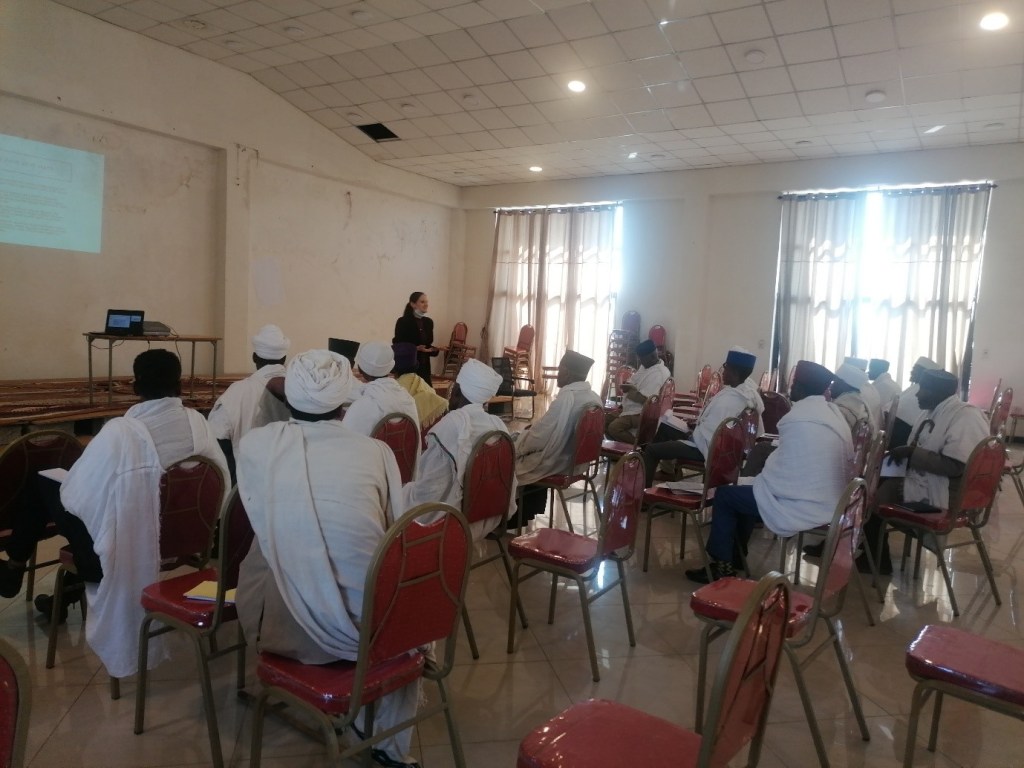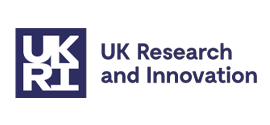Our Programmes
We lead numerous research and intervention programmes that cross the themes of domestic violence, religion and migration in numerous geographies, focusing on Africa and Europe.
Integrating Domestic Violence Research in Migration Pathways
Under this programme, we work to promote a more transboundary approach to domestic violence by systematically integrating violence experienced in conflict, such as sexual violence, with violence experienced in displacement to achieve a more comprehensive understanding of domestic violence experiences in migration contexts and to inform the design of appropriate interventions. This programme is currently operating in Ethiopia, the UK and Poland with the collaboration of the University of Birmingham in the UK and Aksum University in Tigray, Ethiopia.
Streamlining Trauma-Sensitivity in Domestic Violence Clergy Training
Under this programme, we are building on the novel, theology-informed training approach for domestic violence that was developed by Project dldl/ድልድል with Ethiopian Orthodox clergy to integrate conflict-related sexual violence (CRSV), communal abuses and domestic violence. The aim is to improve the clergy’s understanding of complex trauma to be able to better respond to survivors and educate communities to minimise social ostracism, stigma and re-traumatisation. We are currently developing a pilot in partnership with the St Frumentius Theological College (FTC) in Tigray, Ethiopia.
Strengthening Religious Competence in Domestic Violence Services
Our research findings in the UK so far have evidenced an important tension between accommodating religious and cultural diversity and the need for standardising faith-sensitive culturally competent domestic violence services. The current programme explores how religio-cultural sensitivity may be achieved in the domestic violence services sector, with a special interest in identifying directions for accreditation agencies and services that create guidelines and standards for culturally and faith-sensitive domestic violence services and responses.
Developing Inter-Faith Approaches for Clergy Training on Domestic Violence
Previous research that we have conducted in Ethiopia and Egypt has shown that there is a need to move towards an inter-faith model of engagement with cleric that can be used to train religious leaders from different faith traditions together and in a manner that is fitting to multireligious contexts and societies. Relying on a novel typology for classifying different training approaches for clergy and a new conceptual framework for an inter-faith training approach we have previously produced with funding from the Gingko Library, we are working to develop training materials that can guide government agencies, aid organisations and service providers in designing inter-faith trainings for multireligious community contexts.
Our geographical reach
- 4 active programmes in Africa and Europe
- 17 countries that or team has cumulative experience in
- 10 partner organisations in Africa and Europe
- 300+ members in our international network of policymakers, practitioners and service providers

